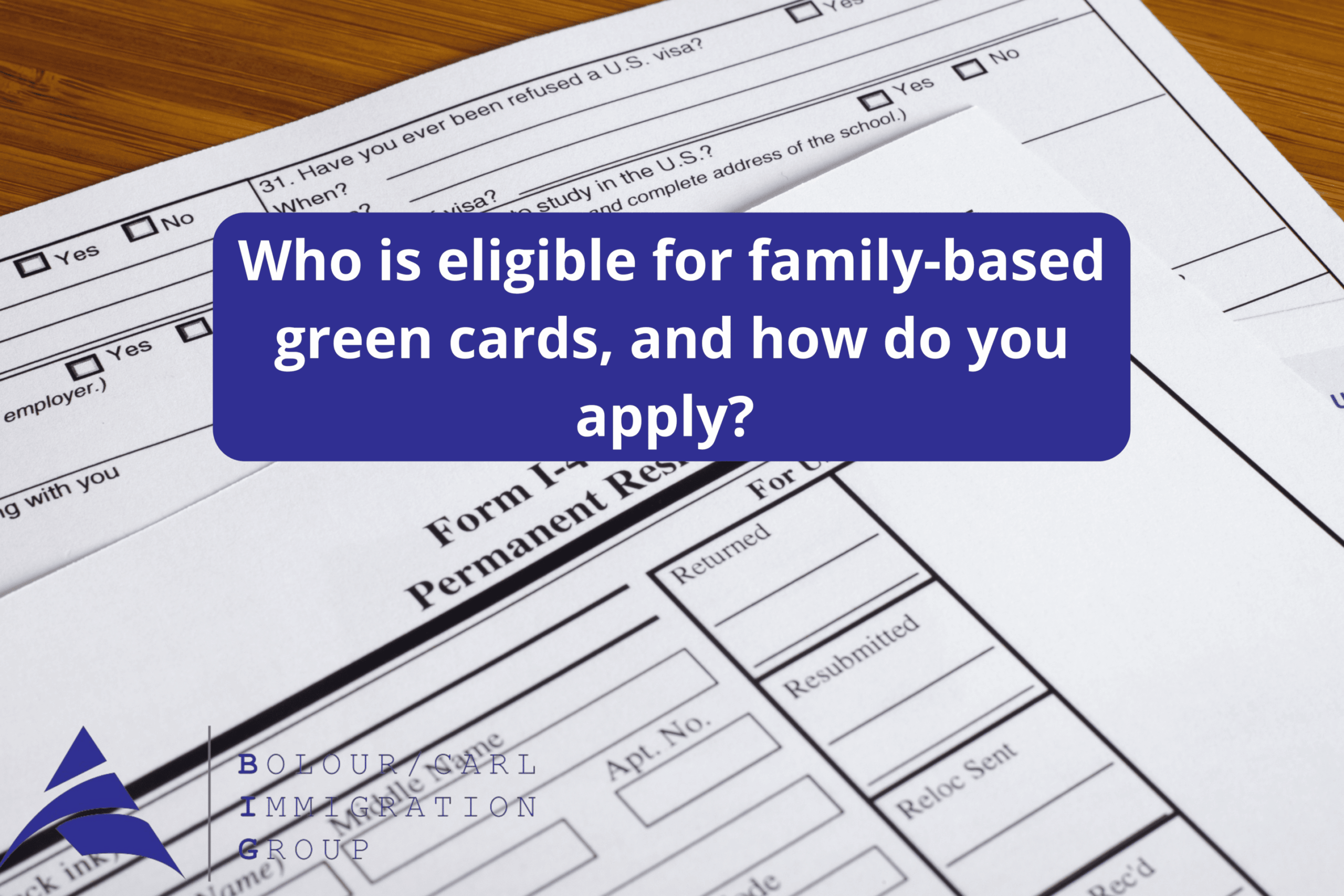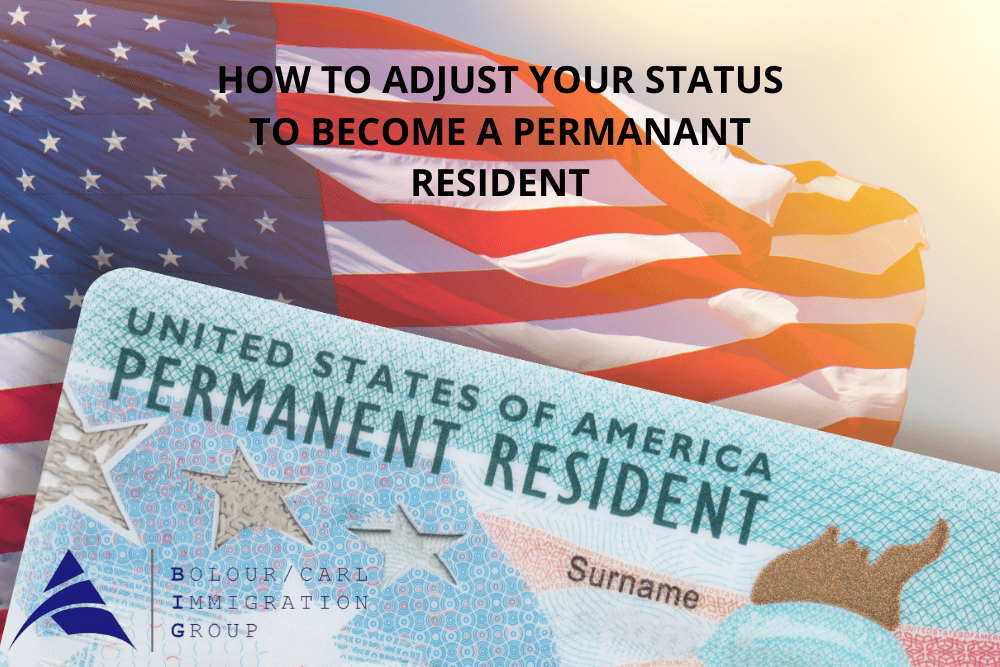
Family-Based Green Cards: Who’s Eligible and How Do You Apply?
If you are a family member of a U.S. citizen or permanent resident, you may be able to obtain a green card based on that family relationship. Below are the different categories of family based green cards and the procedures for applying, which vary depending on whether you are inside or outside the United States. […]
Learn More





